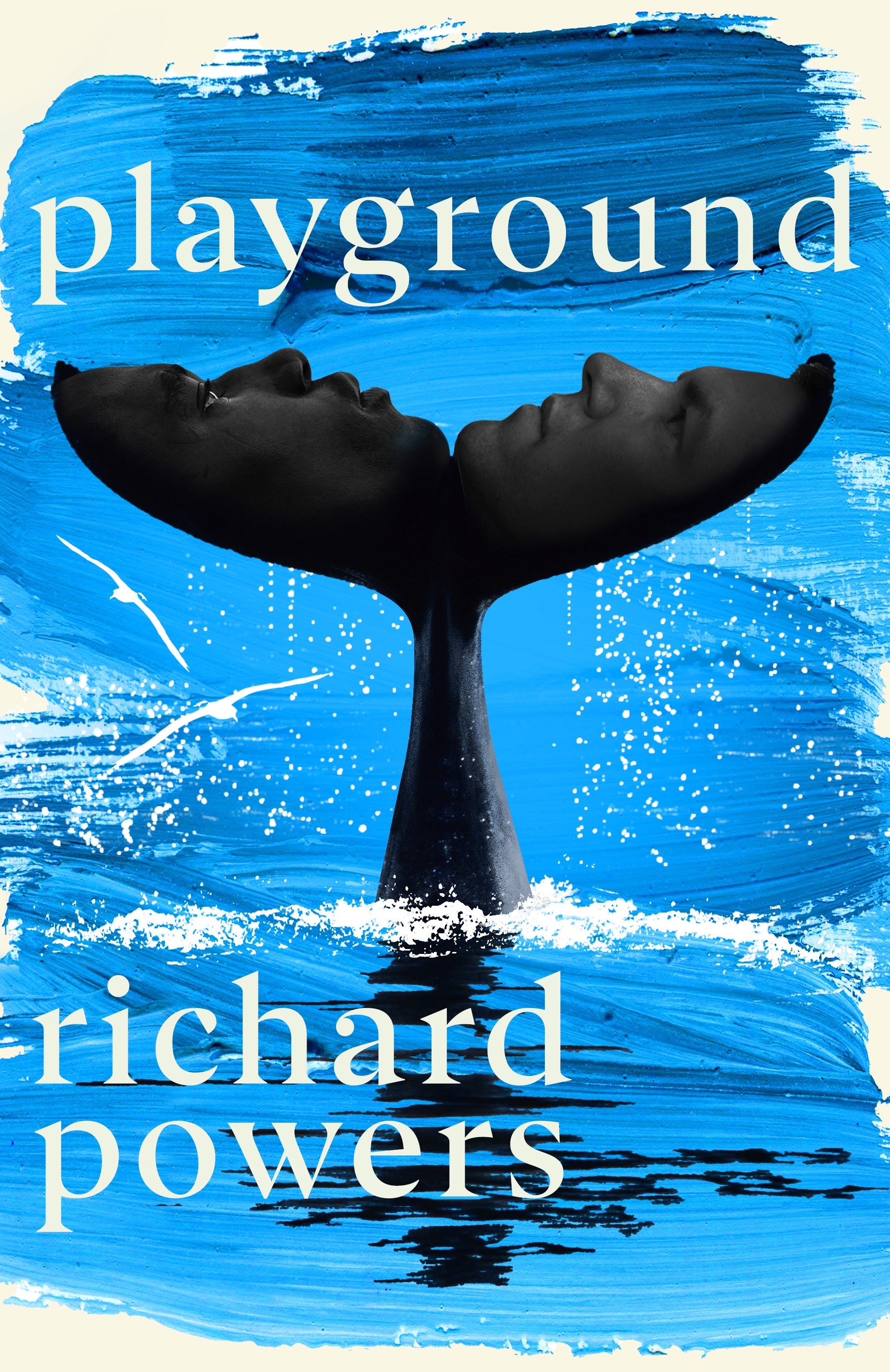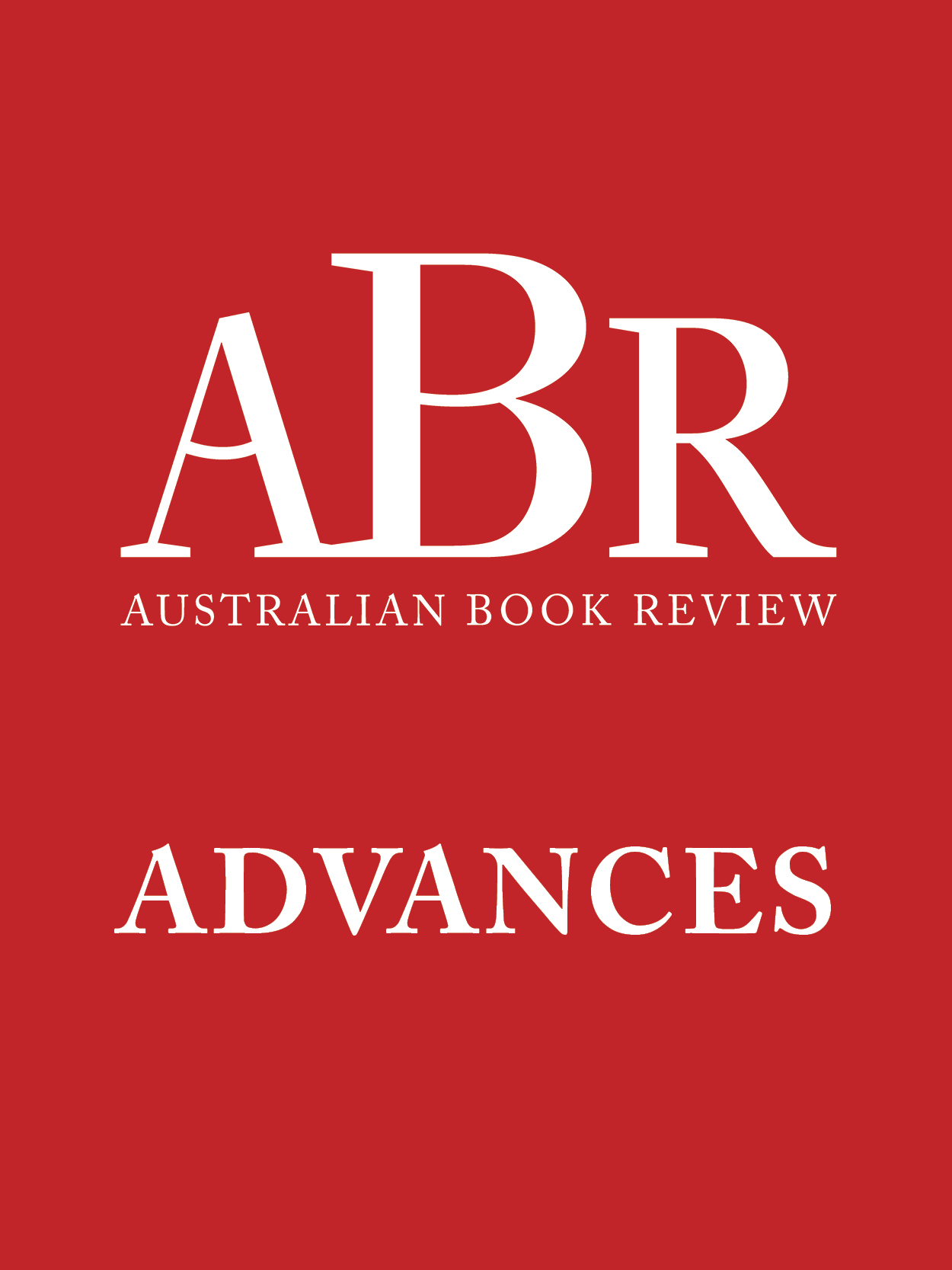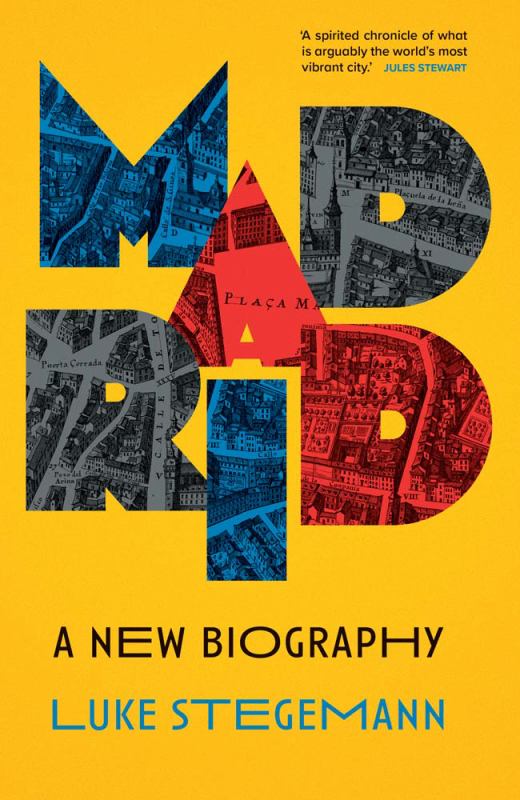ABR receives a commission on items purchased through this link. All ABR reviews are fully independent.
Electric sheep
In Richard Powers’ fifth novel, Galatea 2.2 (1995), a fictionalised version of the author ‘educates’ a computer program, named Helen, by reading it canonical literary texts – which it learns to analyse – and by telling it the story of his own life. In the celebrated The Overstory (2018), Powers explores the surprisingly broad and interconnected lives of trees and forests, and their varied significance to a cast of characters who are wedded to tree-life for reasons both personal and universal. The Overstory features a woman scientist who writes a book that inspires small and large forms of environmental activism, alongside a physically ailing and solitary tech genius who is responsible for the most popular computer game in the world. Throughout, Powers suggests that the ability to tell a ‘good story’ is essential to individual and social transformation. His more recent novel, Bewilderment (2021), focuses on a form of behavioural therapy that resembles a computer game, where participants perform cognitive tasks that can drastically modify their personalities.
All of these ingredients are prominent in Playground, with slight modifications. As with The Overstory, there is an emphasis on the majesty and mysteriousness of a subterranean natural realm, but here the world of trees becomes the world of oceans; computer games are replaced with a ‘gamified’ social media platform that predates Facebook and Twitter; and the game-based training of a human mind becomes the game-based training of AI, heralding a technological revolution that will, we are told, make humans redundant.
Continue reading for only $10 per month. Subscribe and gain full access to Australian Book Review. Already a subscriber? Sign in. If you need assistance, feel free to contact us.
ABR receives a commission on items purchased through this link. All ABR reviews are fully independent.











Leave a comment
If you are an ABR subscriber, you will need to sign in to post a comment.
If you have forgotten your sign in details, or if you receive an error message when trying to submit your comment, please email your comment (and the name of the article to which it relates) to ABR Comments. We will review your comment and, subject to approval, we will post it under your name.
Please note that all comments must be approved by ABR and comply with our Terms & Conditions.